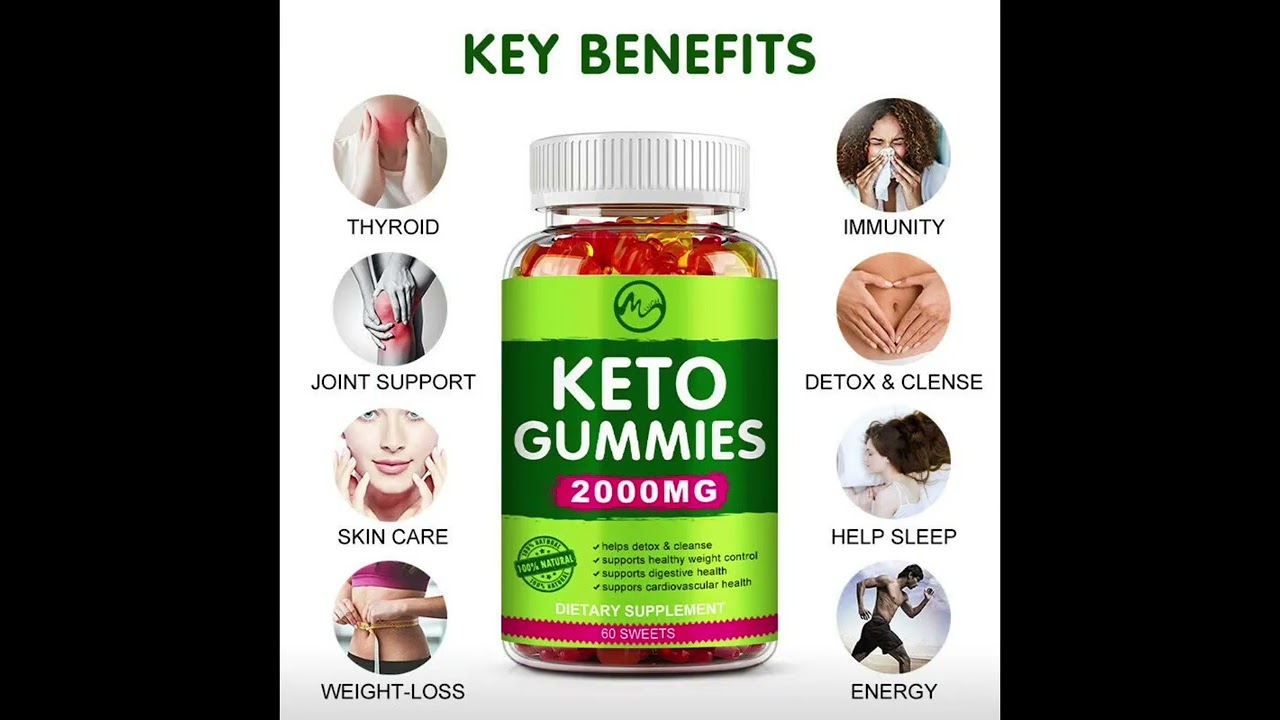Understanding Diverticulitis
Diverticulitis is a common digestive condition that affects millions of individuals worldwide. It involves the inflammation or infection of diverticula, small pouches that can form in the lining of the digestive system, particularly in the colon. The exact cause of diverticulitis is not well understood, but it is associated with a variety of factors including age, diet, and underlying health conditions. While many individuals may have diverticula without experiencing symptoms (a condition known as diverticulosis), when these pouches become inflamed or infected, it can lead to significant discomfort and complications. Symptoms of diverticulitis can include abdominal pain, fever, nausea, and changes in bowel habits. Treatment often requires dietary changes, antibiotics, or in severe cases, surgery.

The role of diet in managing diverticulitis has been the subject of extensive research. Traditional recommendations have emphasized a high-fiber diet to maintain digestive health and prevent diverticulitis flare-ups. Fiber aids in bulking up stool and can help prevent the formation of diverticula in the first place. However, recent studies have indicated that during active flare-ups, reducing certain types of dietary intake may be beneficial. This has led to a more nuanced understanding of how specific dietary practices impact those with diverticulitis. Moreover, many individuals seek alternative dietary approaches that can help them manage their condition more effectively.
One such approach that has gained popularity in recent years is the ketogenic (keto) diet, which is characterized by a low-carbohydrate, high-fat intake. The keto diet forces the body to enter a state of ketosis, where it burns fat for fuel instead of carbohydrates. Supporters of the keto diet claim numerous health benefits, including weight loss, improved mental clarity, and enhanced metabolic health. However, people with digestive issues, including diverticulitis, may wonder whether adopting a keto diet is safe or appropriate. Understanding the implications of following a keto diet for those with diverticulitis is critical, as dietary decisions can have a profound impact on their condition and overall health.
Nutrition and Fiber in Diverticulitis
Nutrition plays a pivotal role in managing diverticulitis and preventing flare-ups. Historically, a high-fiber diet has been recommended to provide the necessary bulk to stool, thereby promoting regular bowel movements. Fiber can be categorized into two main types: soluble and insoluble. Soluble fiber dissolves in water and helps regulate blood sugar levels, whereas insoluble fiber adds bulk to the stool and aids in its passage through the intestines. Foods rich in fiber include fruits, vegetables, whole grains, and legumes—all of which can contribute to digestive health.

During acute episodes of diverticulitis, however, physicians often recommend a temporary low-fiber diet. This approach is intended to minimize irritation to the digestive tract while it heals. Foods that are easy to digest, such as broth, yogurt, and refined grains, may be suggested in the acute phase. Once symptoms subside, patients are generally advised to gradually reintroduce fiber back into their diet to help prevent future episodes. This cycle of dietary adjustment underscores the complexity of managing diverticulitis through nutrition.
In addition to fiber, hydration is crucial for those with diverticulitis. Adequate fluid intake assists in softening stool and preventing constipation. Research has shown a consistent link between hydration status and digestive health, reinforcing the need for individuals with diverticulitis to maintain optimal hydration. Overall, an individualized approach to nutrition that prioritizes balanced fiber intake, adequate hydration, and sensitivity to one’s specific symptoms may be the best strategy in managing this condition.
The Ketogenic Diet: Basics Explained
The ketogenic diet, commonly known as the keto diet, is a high-fat, low-carbohydrate dietary regimen that has garnered considerable attention for its potential health benefits. When following a keto diet, individuals dramatically reduce their carbohydrate intake, typically limiting it to about 20 to 50 grams per day. This reduction in carbs promotes a metabolic state called ketosis, in which the body becomes exceptionally efficient at burning fat for energy instead of glucose derived from carbohydrates. As a result, many people report significant weight loss and increased energy levels when adhering to this dietary pattern.
The primary macronutrient distribution in a standard ketogenic diet consists of approximately 70-80% of calories from fats, 10-20% from proteins, and only 5-10% from carbohydrates. This unique dietary composition necessitates careful attention to food choices, as most traditional sources of carbohydrates, such as breads, grains, and many fruits and vegetables, are limited. Instead, the diet emphasizes fats from sources like avocados, nuts, seeds, oils, and fatty cuts of meat, alongside moderate protein intake.
While the keto diet can produce remarkable results for weight management and some metabolic conditions, it also raises important questions regarding its safety and suitability for individuals with specific health issues, including diverticulitis. Making informed decisions about dietary changes is essential, especially for those with pre-existing digestive conditions. Consulting with healthcare professionals can help individuals navigate the complexities of adopting a keto diet while considering its implications on their digestive health.
Is Keto Safe for Diverticulitis Patients?
The question of whether a ketogenic diet is safe for individuals suffering from diverticulitis is multifaceted, with evidence and professional opinions varying considerably. On one hand, supporters of the keto diet claim that the reduction of carbohydrates may lower inflammation levels in the body, potentially benefiting individuals with diverticulitis. They argue that the increased fat intake may lead to improved gut health by promoting a different set of gut bacteria that are favorable for digestive wellness.
Conversely, there are concerns regarding the potential adverse effects of a high-fat diet in the context of diverticulitis. A significant number of researchers and healthcare professionals caution against adopting the keto diet during flare-ups of diverticulitis. The risk lies in the types of fats consumed and their potential to irritate the gut. Processed fats and a high intake of certain types of proteins may aggravate the digestive system, leading to more severe symptoms. Additionally, for some patients, high-fat diets may lead to further complications such as constipation, which can exacerbate diverticulitis symptoms.
Ultimately, the decision to embark on a ketogenic diet should be made in consultation with healthcare providers. Assessing individual health needs, dietary preferences, and any potential risks based on personal medical history can guide individuals toward making informed dietary changes. This collaborative approach may assist in determining whether the benefits of a keto diet outweigh the potential risks for patients with diverticulitis, ensuring their health and well-being remain the top priority.
Managing Symptoms and Dietary Customization
Managing diverticulitis effectively often involves a tailored approach to diet and symptom management. Since diverticulitis can present with various symptoms and levels of severity, creating a nutrition plan that considers an individual’s unique needs is crucial for promoting healing and preventing flare-ups. This personalized approach may include monitoring triggers, assessing the body’s response to various foods, and making gradual adjustments as necessary.
For some individuals, the low-carb nature of the ketogenic diet may seem appealing as a weight management strategy, especially if they have struggled with obesity or metabolic issues. However, customization becomes essential to avoid exacerbating diverticulitis symptoms. Combining elements of a high-fiber diet with key principles of the ketogenic diet, such as moderate fat consumption and careful food selection, may yield a balanced nutritional strategy. This dual approach allows those with diverticulitis to enjoy the benefits of dietary fat while still fostering healthy bowel function.
Keeping a food diary can be an effective tool for those navigating dietary choices related to diverticulitis. Recording food intake enables individuals to identify any foods that trigger discomfort or exacerbate symptoms. Coupled with the guidance of a registered dietitian or healthcare professional, this practice can pave the way for identifying safe foods and proper meal planning adapted to the individual’s health needs.
Summary and Considerations for Dietary Choices
In summary, the relationship between diverticulitis and diet is complex and requires careful consideration of numerous factors. Understanding the nature of diverticulitis, the role of nutrition and fiber, and the potential implications of adopting a ketogenic diet are vital for individuals dealing with this condition. While the keto diet presents some benefits, especially in terms of weight management, the potential risks pertinent to diverticulitis must not be overlooked.
For those considering a keto diet, it is essential to approach dietary changes with caution. Consulting healthcare professionals and registered dietitians can help individuals determine the best course of action based on their specific health circumstances. They may recommend gradually exploring the dietary framework of the keto diet while remaining vigilant about any reactions the body experiences during the transition. Maintaining a focus on overall health and well-being remains paramount.
Overall, patients with diverticulitis should be empowered to make informed choices about their diets. By emphasizing personalized nutrition plans, incorporating hydrating foods, monitoring symptom triggers, and seeking professional guidance, individuals can find ways to manage their condition effectively. Embracing a holistic approach to overall health, combining dietary considerations with other lifestyle factors, may pave the way for enhanced well-being in individuals living with diverticulitis.

